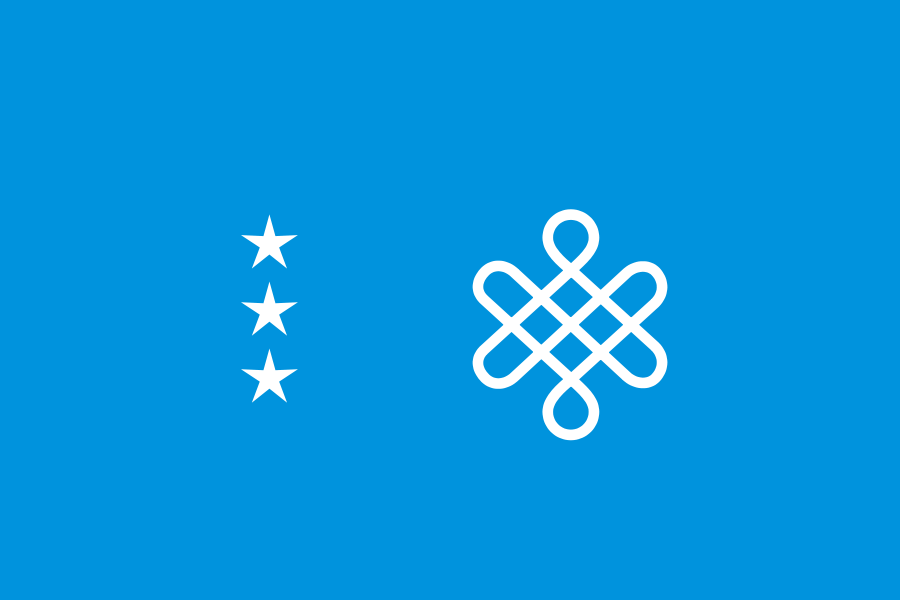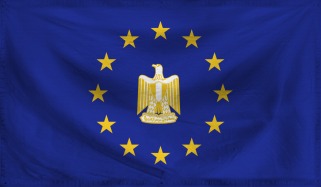American Pere Housh wrote:Application
General
--Nation Name:Empire of Japan
--Map: The Japanese Home Islands, Bonin Islands, Marshall Islands, The Philippines
--Flag:
--Capital:Tokyo
Government
--Government Type:Absolute Monarchy (Absolute monarchy, representative democracy, etc.)
--Government Overview:All things in Japan are controlled by the Emperor or Empress and his military. (What makes you unique to other nations with the same government type, if anything?)
--Head of Government:Empress Izumi (Who runs your nation?)
--Head of State (if different): (e.g. Boris Johnson is a Head of Government, Queen Elizabeth is a Head of State)
Demographics
--Population:25 million
----Colonial Population (if applicable):2 million
--Demonym:Japanese (What are your citizens called?)
--Primary Culture:Japanese (What culture is the ruling class?)
--Other Cultures:Filipino, Pacific Island Natives (What other cultures exist besides the primary, if any?)
--Religion Overview:Shintoism and Buddhism, with small pockets of Christians. No religion is persecuted. (What is the primary religion? What are the other religions? Which are acceptable and which are persecuted?)
Development Points (Total = 15, 11 for nations with no navy)
--Infrastructure/Economy (out of 10):4 (How strong your road networks are, how wealthy you are, how well-quipped your army and navy are)
--Army (out of 10):4 (How large your army can be, how educated are your generals, how fast can your troops mobilize)
--Navy (out of 10):7 (How large your navy can be, how fast can your navy mobilize, how far you can trade overseas)
--Military Overview:Since the first European visitors, mainly British, the Imperial Japanese Government decided to modernize their military as they view both the Koreans and the Chinese as rivals to their control of East Asia. The Imperial Japanese Army now mainly use British with some Dutch equipment mixed. The Imperial Japanese Navy is a mixture of British, French,Dutch,and ship of their own design. With new military equipment, this makes the Imperial Japanese Military the strongest in Asia.(How is your military structured? Equipped? Flesh out the specifics of your Development Points here.)
RP Elements
--National Objectives:Control the Asian Nations of the Pacific and Colonization. (What do your people/monarchy hope to accomplish?)
--History:WiP (Check other apps before filling this out)
RP Sample:WiP
Tracking Number:(in OP)














